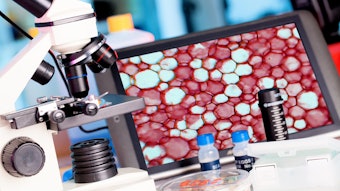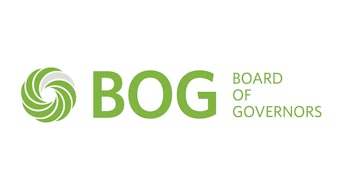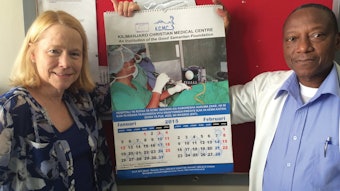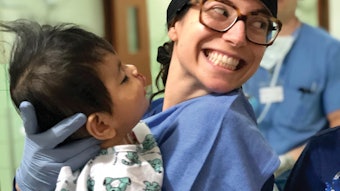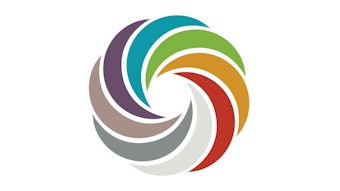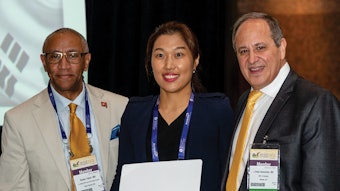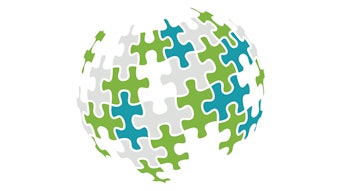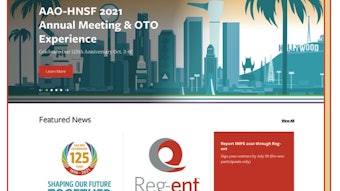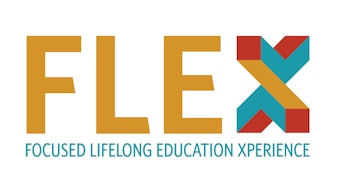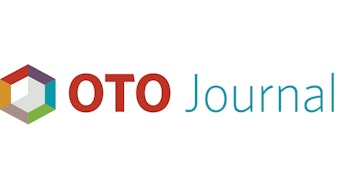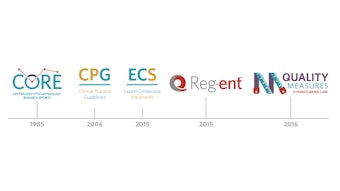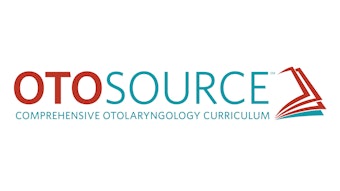Pearls from your Peers: Hearing Loss
Anita Jeyakumar, MD, MS, is joined by Carrie Spangler, AuD, CCC-A, to discuss the COVID-19 pandemic's effect on the deaf/hard-of-hearing community and how the otolaryngology community can support.
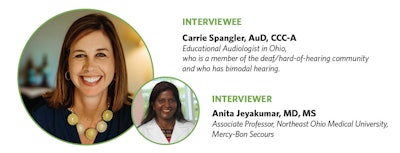
How has the pandemic affected the deaf/hard-of-hearing community?
COVID-19 has dramatically altered the healthcare landscape and disrupted global health and world economics in ways that are still being measured. Its impact on the medical community and our patients with chronic conditions, such as those who are deaf/hard-of-hearing, is evolving.
In its Disability-Inclusive Response to COVID-19 (May 2020), the United Nations made a pledge to leave no one behind, recognizing that people with disabilities are among the hardest hit by the social, economic, and health implications of the crisis. At the same time the World Federation of the Deaf (WFD) issued a statement about the greater vulnerability of deaf people, as a marginalized group, during times of crisis.
Communication perhaps has been one of the most obvious hurdles. For the deaf/hard of hearing—in hospitals, at work, and in their homes—the pandemic has exacerbated gaps in communication access, from a lack of reliable technology to an underutilization of limited resources when people need them most.
As a primary line of defense against coronavirus, face masks have become the new public norm. However, this barrier of protection has also added a barrier of communication for our patients. Masks are a challenge: It is impossible to lip-read when someone is wearing one. (Clear masks, with their sound attenuation and fogging, have not necessarily been a complete success.) Signing is affected, too, since the language is not simply about the hand signals … it also relies on facial movements and expressions.
Around the beginning of the pandemic, audiologists noticed an uptick in patients coming in with concerns about their hearing. People who already had hearing aids were having more difficulty understanding speech. People with mild hearing loss, who weren’t previously using hearing aids, suddenly found that they couldn’t understand speech without them.
In spring 2020, millions of children across the country went from seeing their peers and teachers each day in person, to largely interacting behind a computer screen. For many kids in the deaf and hard-of-hearing community, their families, and educators, the pandemic brought about a unique set of challenges, many centered around access.
Recent research has shown that minorities are suffering more from the effects of the pandemic because of their decreased access to services, education, and social infrastructure. Lack of access includes the lack of institutional sign language interpreting services, the difficulty of lipreading through face masks, and the complex language register of medical professionals. These can cause misunderstandings and problems of accessibility.
How can otolaryngologists support our community?
Most deaf/hard-of-hearing individuals, adult and pediatric, could benefit from comprehensive auditory rehabilitation services, which would include medical management, the management of hearing technology, individual and group support, communication therapy, telemedicine/teletherapy, and family counseling. When delivered consistently and supported inter-professionally, these services can foster better communication, greater self-confidence, and an improved quality of life and general wellbeing.
Our deaf/hard-of-hearing community has had to troubleshoot to better cope with the unique challenges in these times. As the physicians trained to treat members of the deaf/hard-of-hearing community, otolaryngologist-head and neck surgeons need to be cognizant of this patient population’s increased challenges and continue to provide advocacy and support. Some existing resources include research by S. Atcherson, PhD, about the acoustic effects of face covering; blogs about masks/face shields, including See Hear Communication Matters by T. Childress, AuD, and Hearing Spanglish; and websites like www.hearingloss.org and www.agbell.org/COVID-19-Resources. We as otolaryngologists can share resources with our patients and their families to further support them.
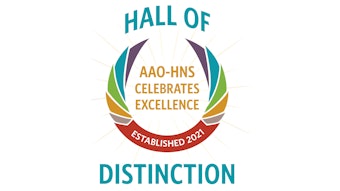

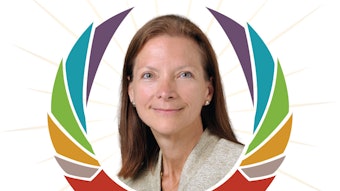
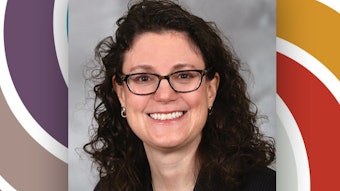
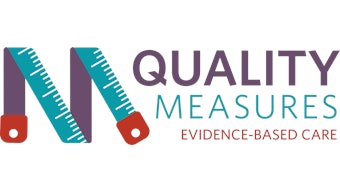
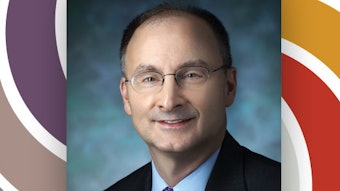
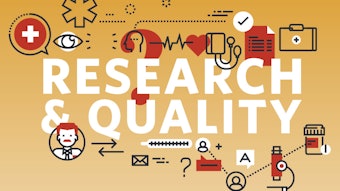
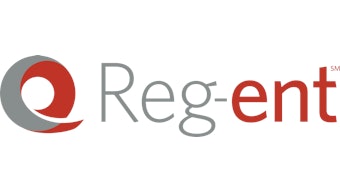
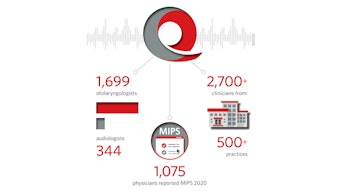
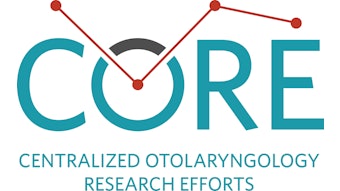
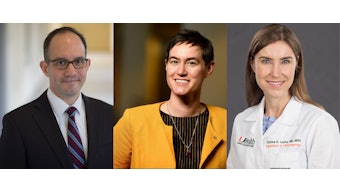
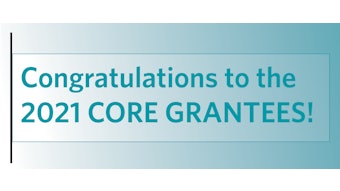
![05 Hpv Vaccination [converted]](https://img.ascendmedia.com/files/base/ascend/hh/image/2021/06/05_HPV_Vaccination__Converted_.60d0a1f25afe4.png?auto=format%2Ccompress&fit=crop&h=191&q=70&rect=45%2C0%2C1830%2C1830&w=340)

